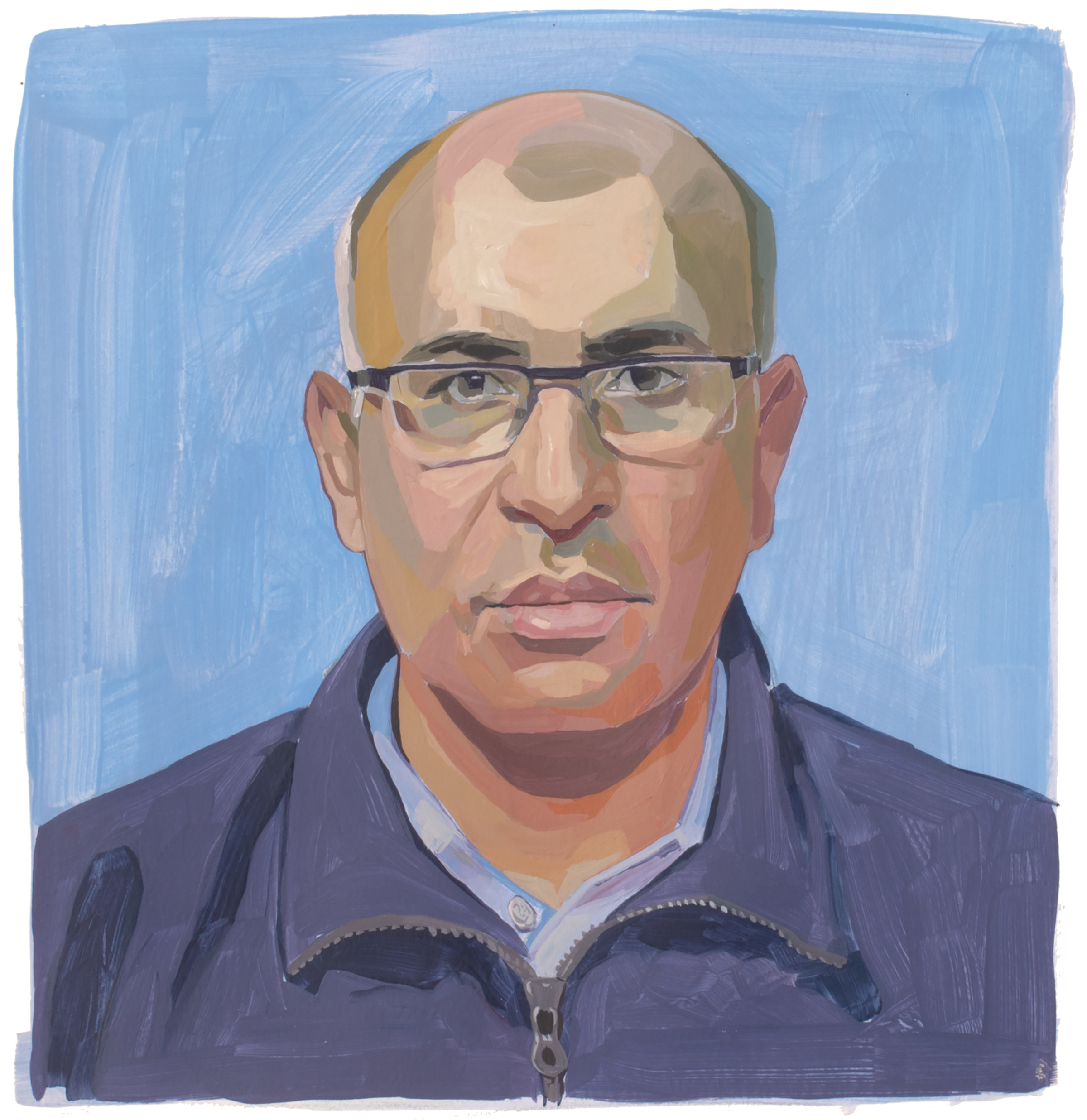Jenna Forsyth has loved detective work ever since she was a kid, hunting for clues in mystery books and at science fairs. As a research scientist at Stanford University, she now solves medical mysteries with high stakes. In 2015, Forsyth was a doctoral student when she came across a study that showed pregnant women in Bangladesh tended to have high blood levels of lead. “These blood lead levels were more than six times higher than those in Flint, Mich., at the peak of the water crisis, and no one knew why,” says Forsyth. High lead levels are associated with a host of health issues, including miscarriage, stroke, heart disease, and stunted brain development in children. Lead-related IQ reduction has been estimated to cost Bangladesh 6% of its GDP, preventing children in the country from fully developing and reaching their potential.
“After reading another small study, I began to suspect that the lead poisoning could be caused by turmeric, a spice commonly found in South Asian cooking,” says Forsyth.
She conducted a study and found out she was right. “Tests showed turmeric could explain about 85% of elevated blood levels,” she says. “Our supply-chain investigation revealed that lead chromate, an industrial yellow pigment, was being added to the powder to make it more vibrant.”
Her discovery led to a massive effort by the government in Bangladesh to ban the use of lead chromate, increase food-safety oversight, and to educate farmers and consumers on the dangers of lead chromate in turmeric via news media and face-to-face outreach. Forsyth published a follow-up study last year showing that the percentage of lead-contaminated turmeric samples in Bangladesh markets has since fallen from 47% to zero. Blood lead levels in turmeric-mill workers dropped by 30%.
Other South Asian countries, including India, are now considering implementing similar policies. “It’s so gratifying to see your work have that kind of impact, especially when the interventions are cheap—less than a penny per person,” says Forsyth. “It’s really something when awareness can be a lever for change.”
More Must-Reads from TIME
- Why Biden Dropped Out
- Ukraine’s Plan to Survive Trump
- The Rise of a New Kind of Parenting Guru
- The Chaos and Commotion of the RNC in Photos
- Why We All Have a Stake in Twisters’ Success
- 8 Eating Habits That Actually Improve Your Sleep
- Welcome to the Noah Lyles Olympics
- Get Our Paris Olympics Newsletter in Your Inbox
Contact us at letters@time.com





